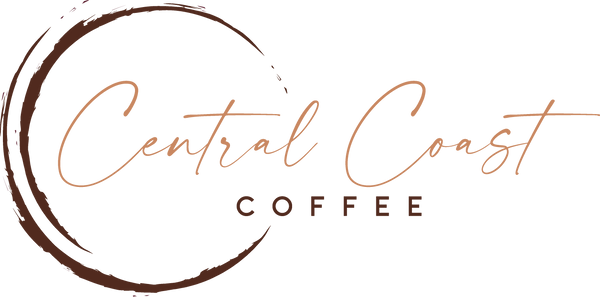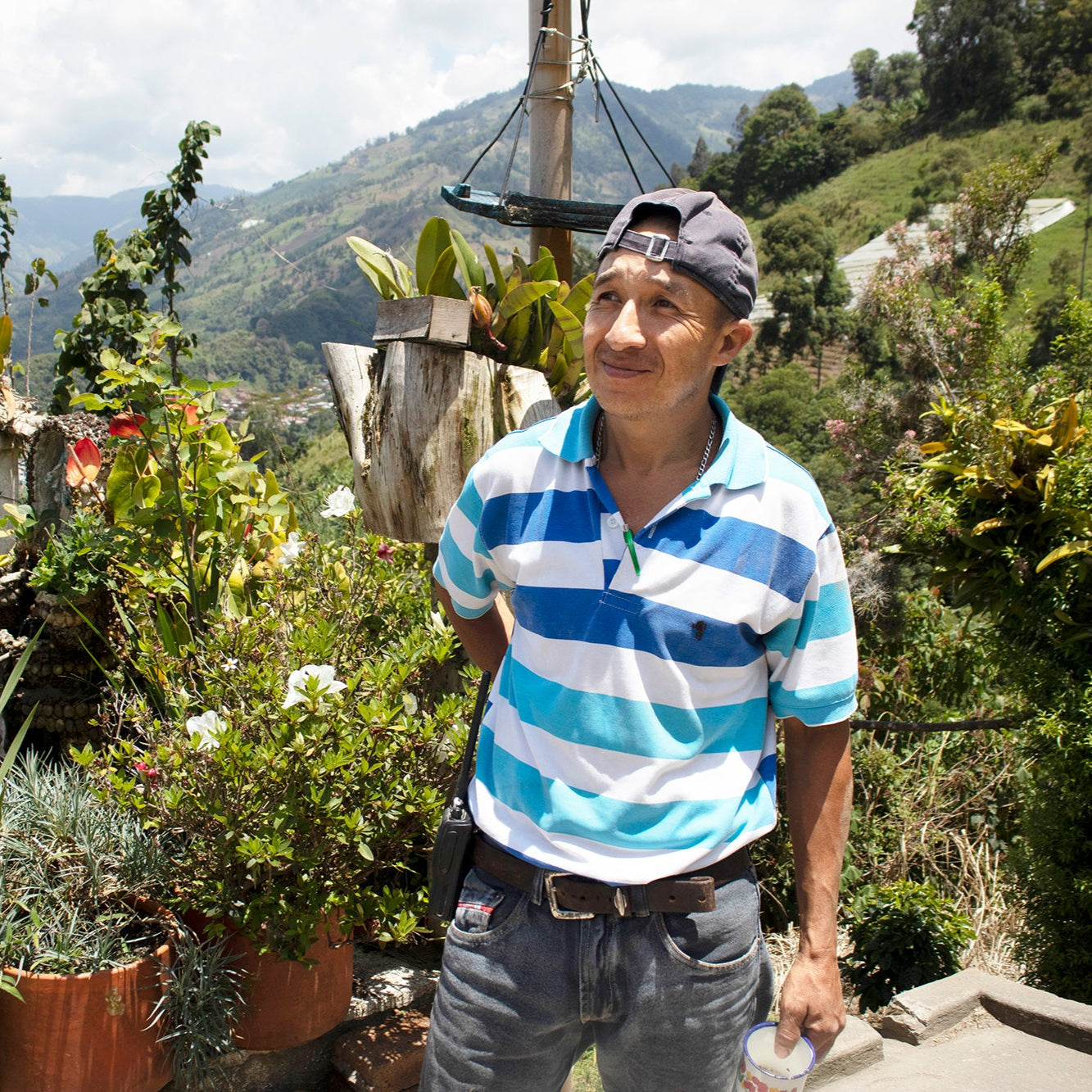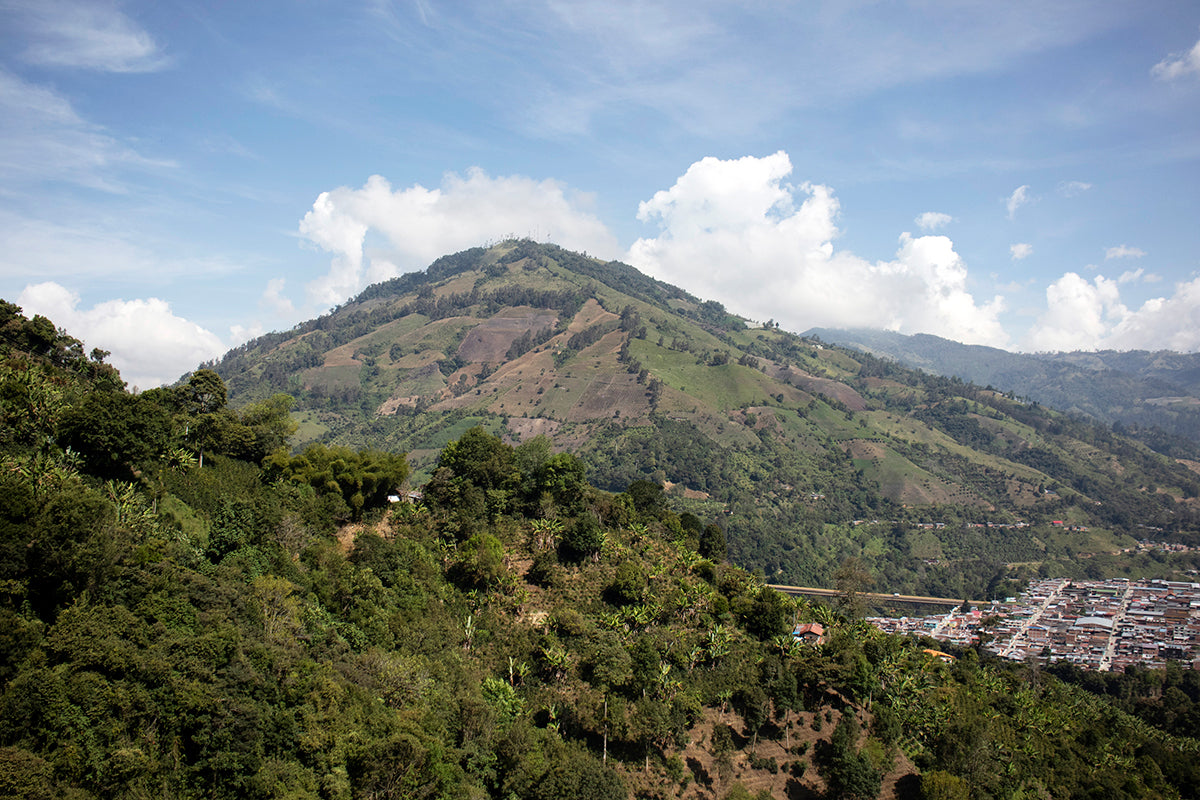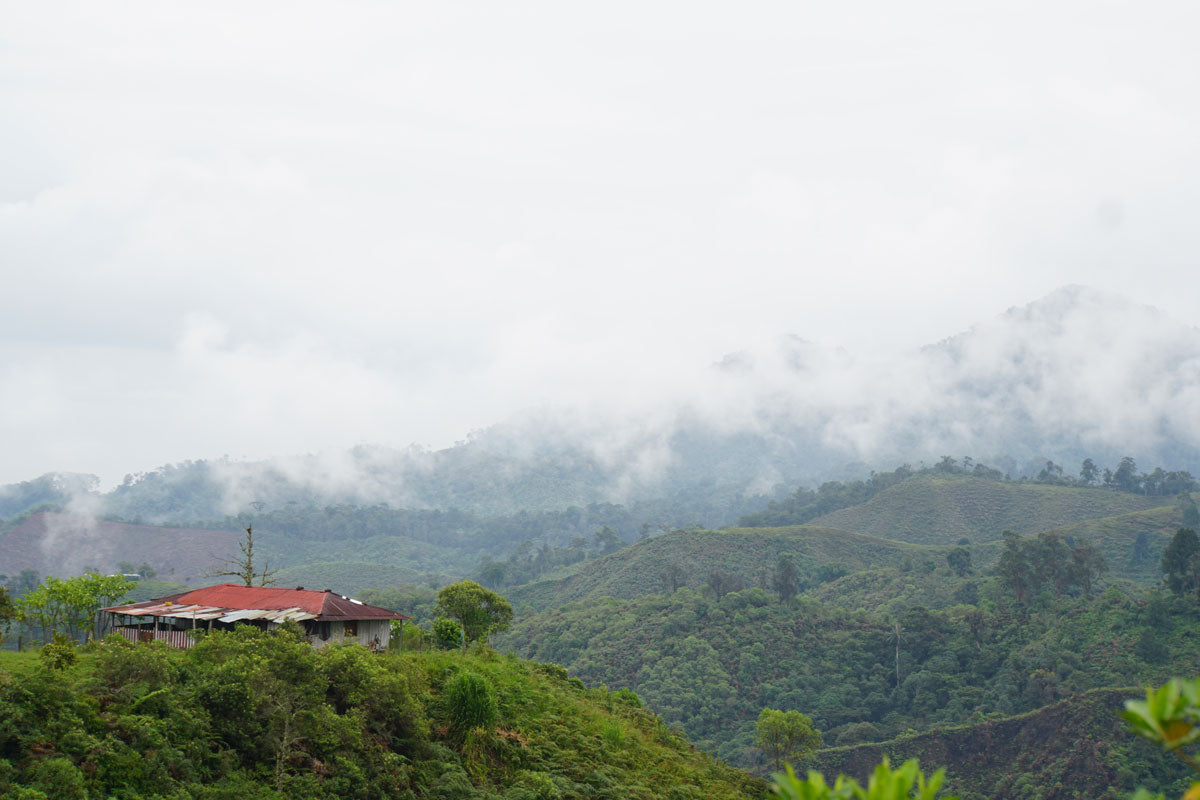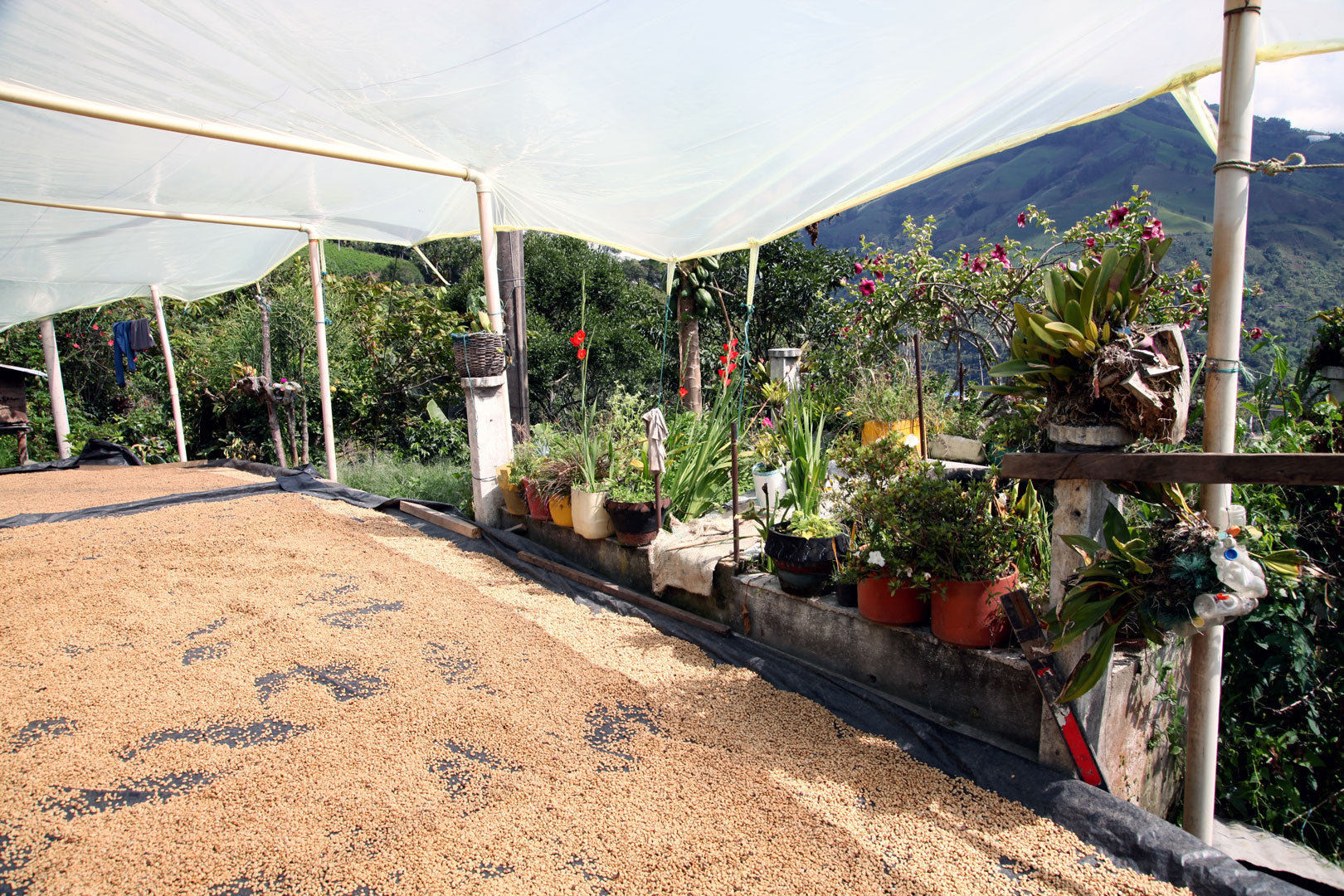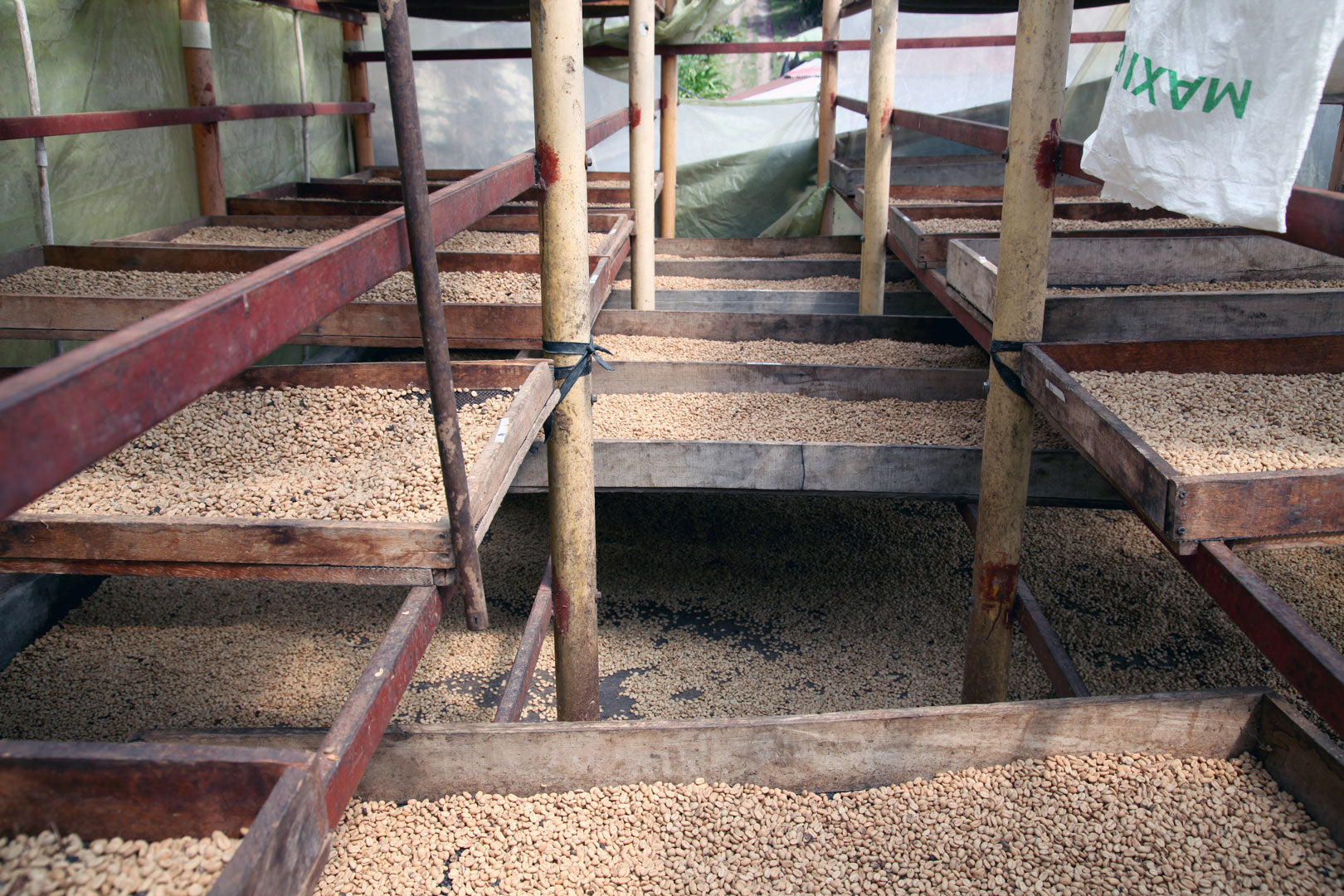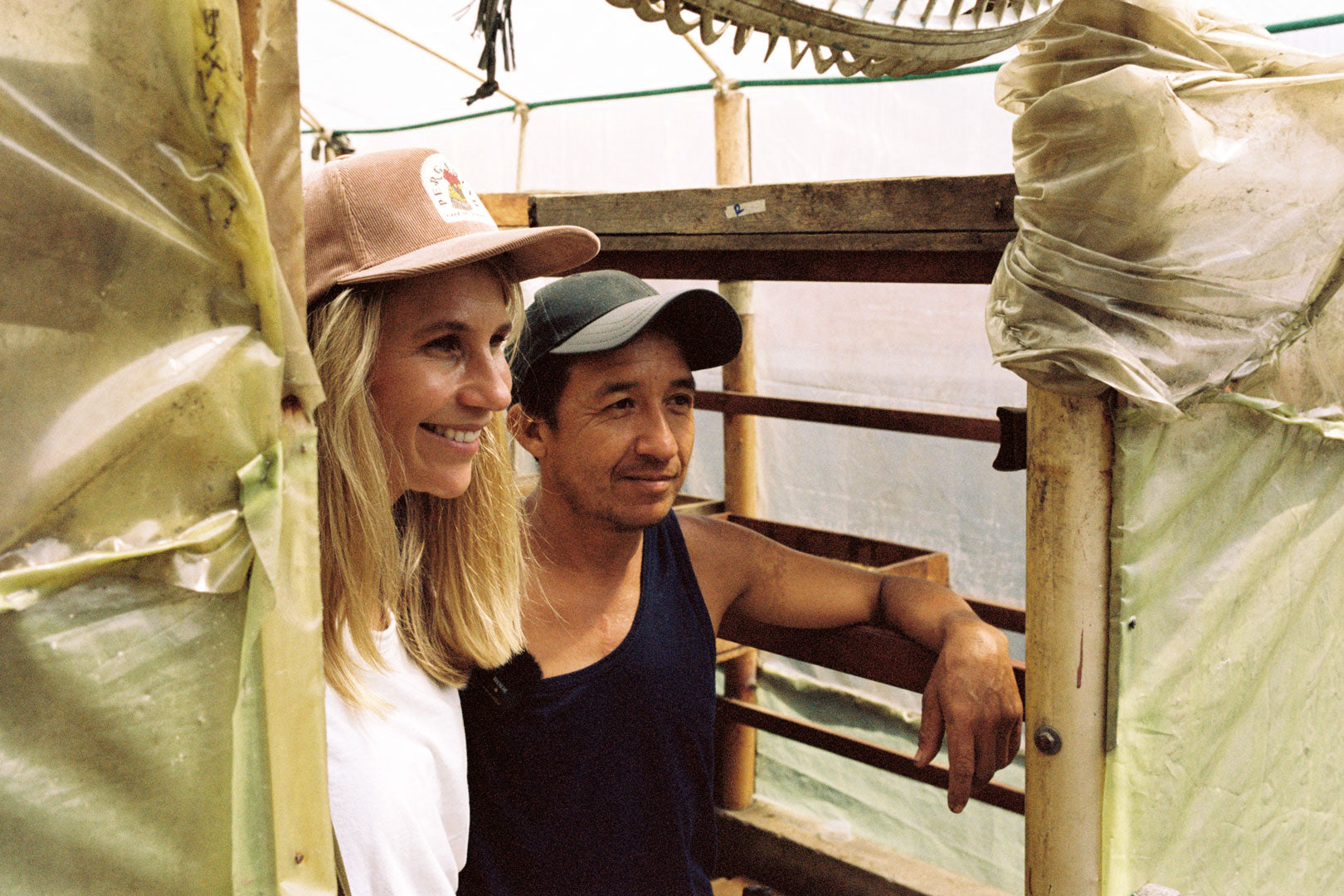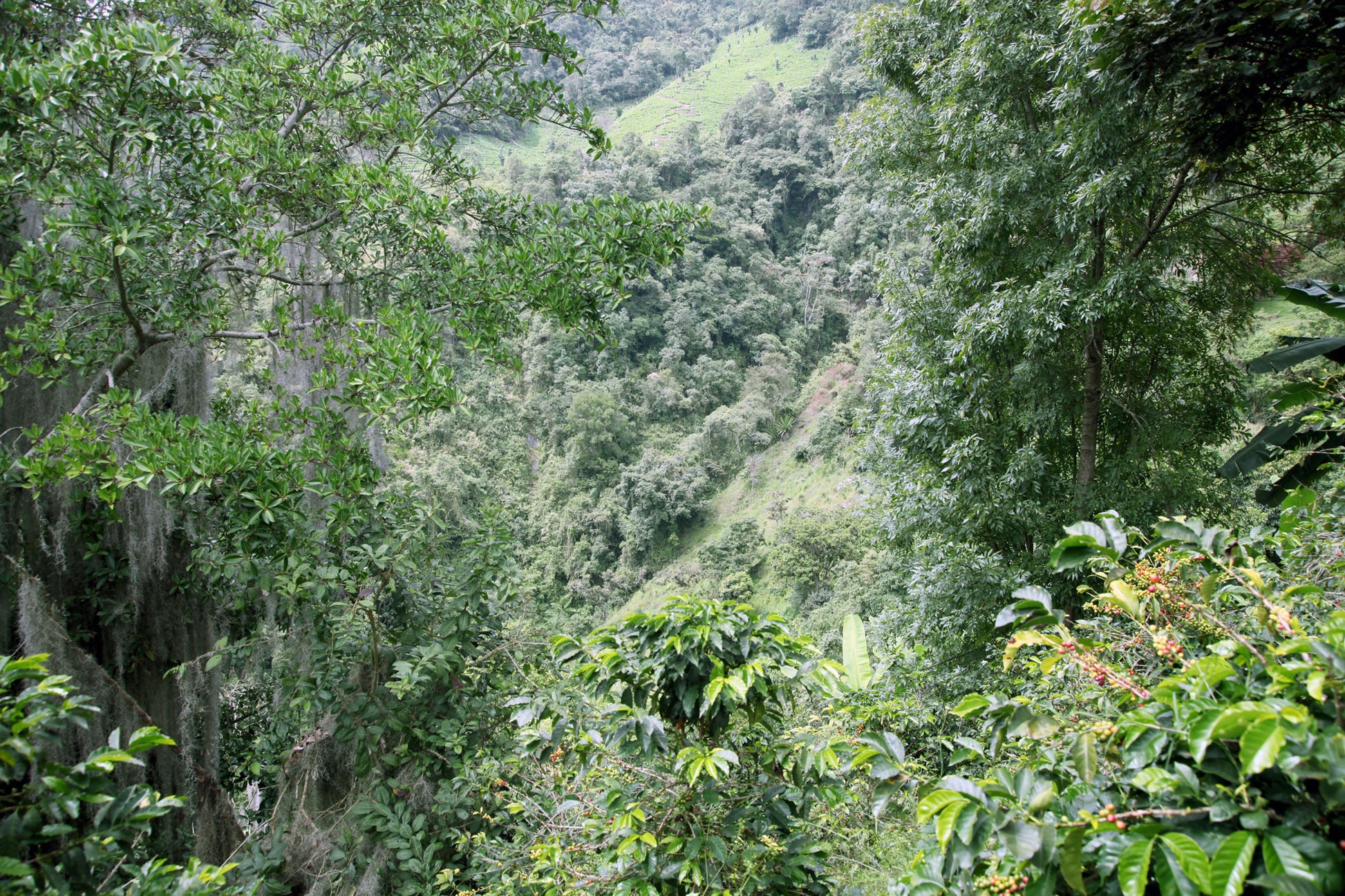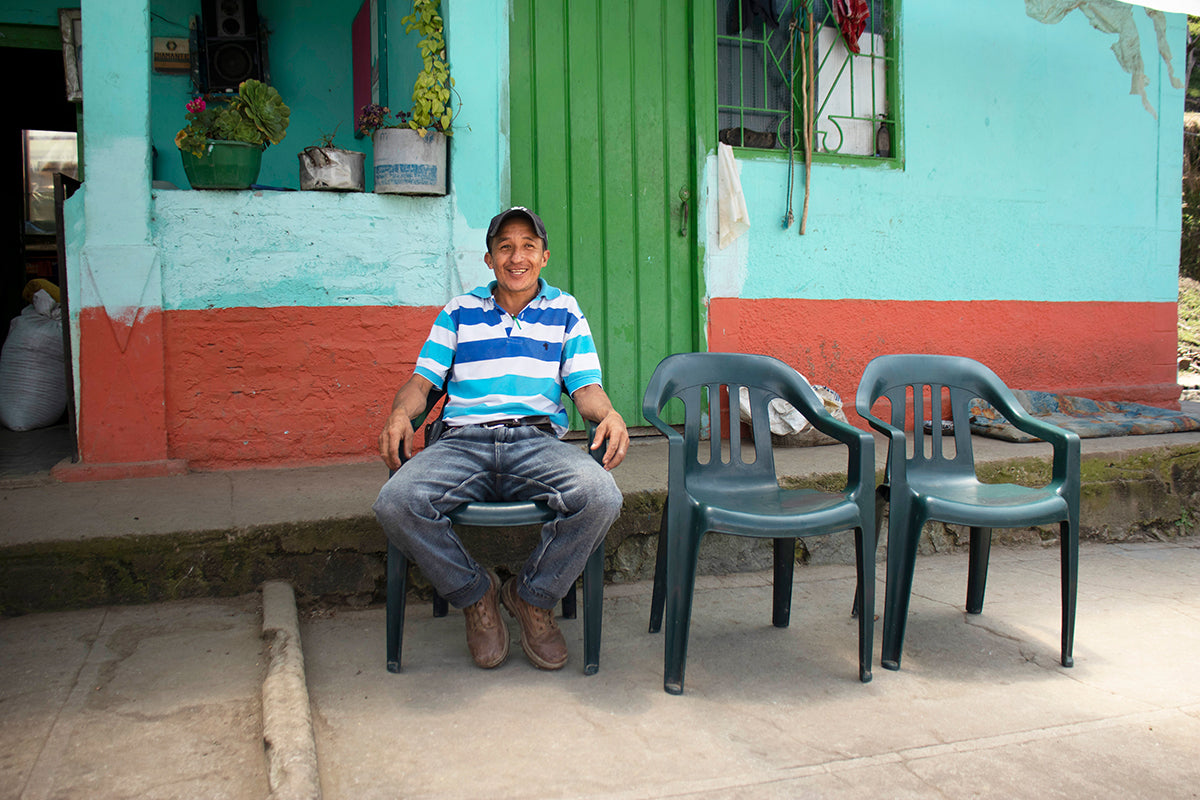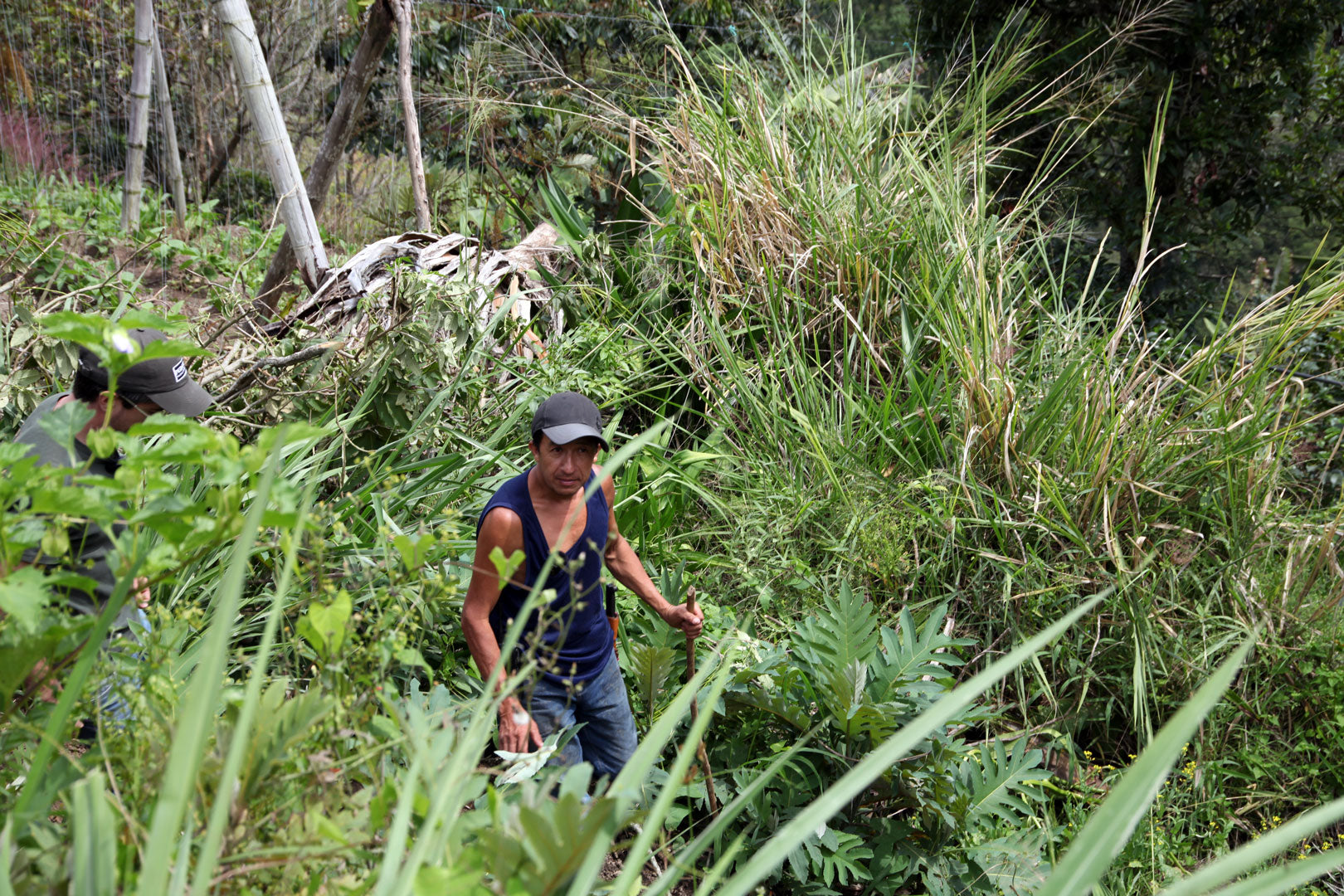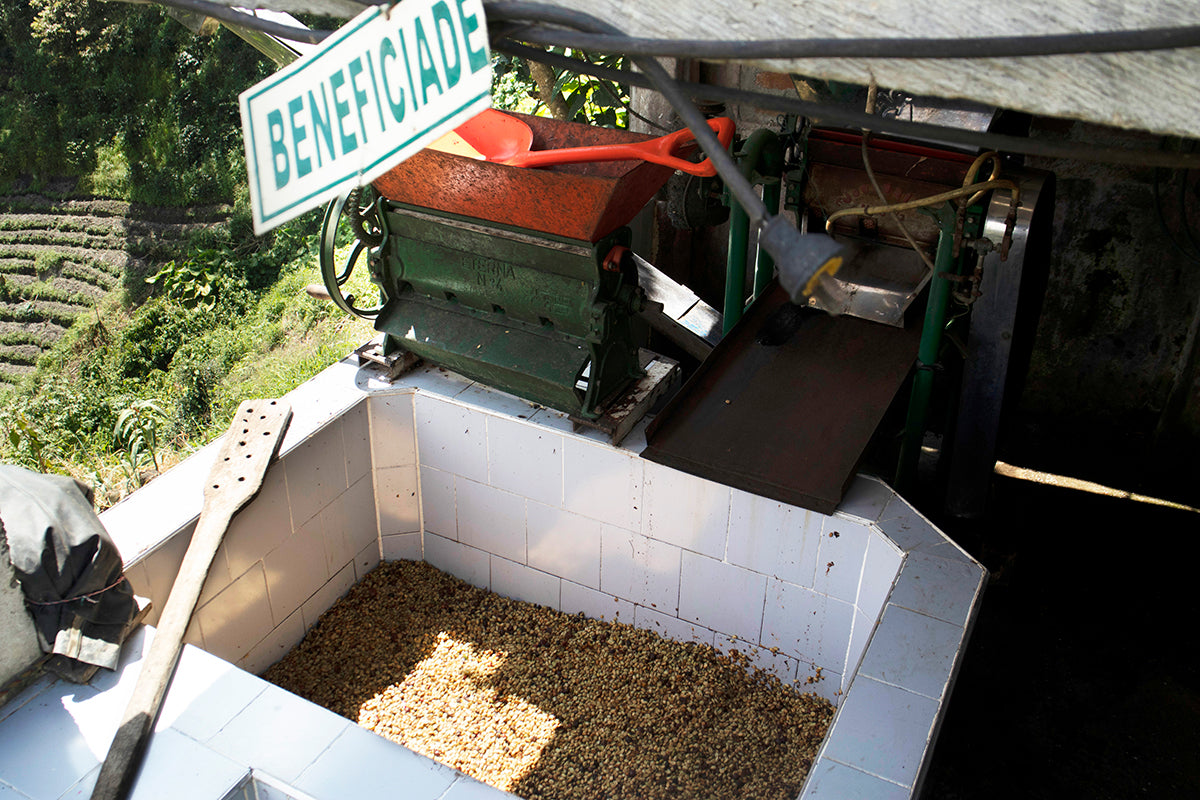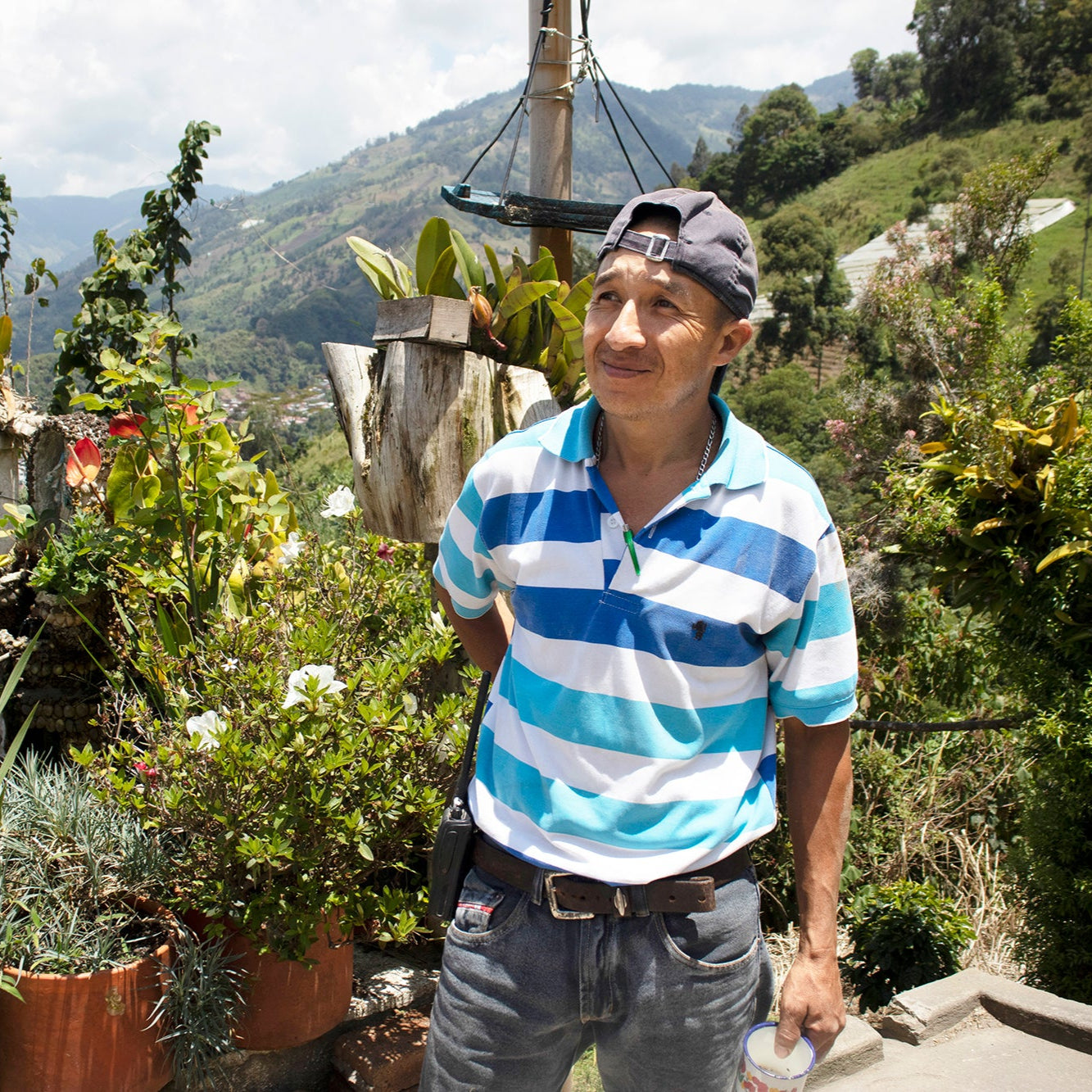
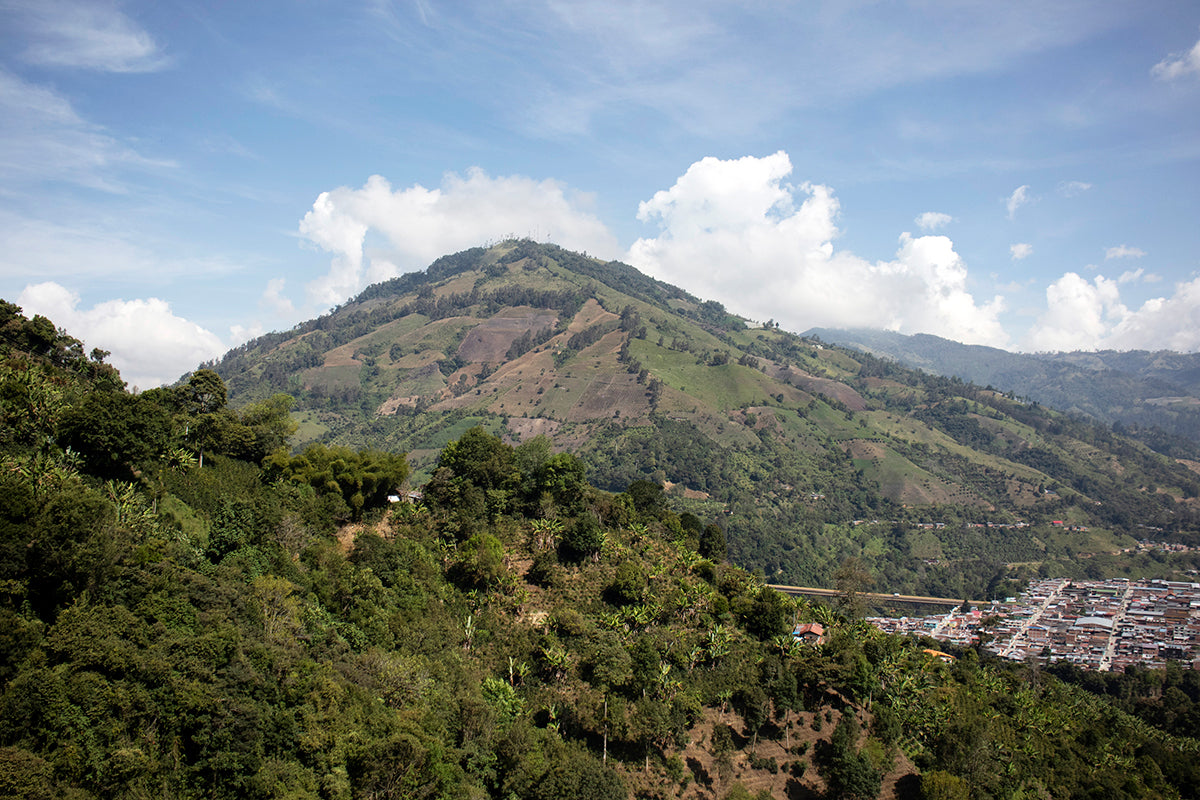
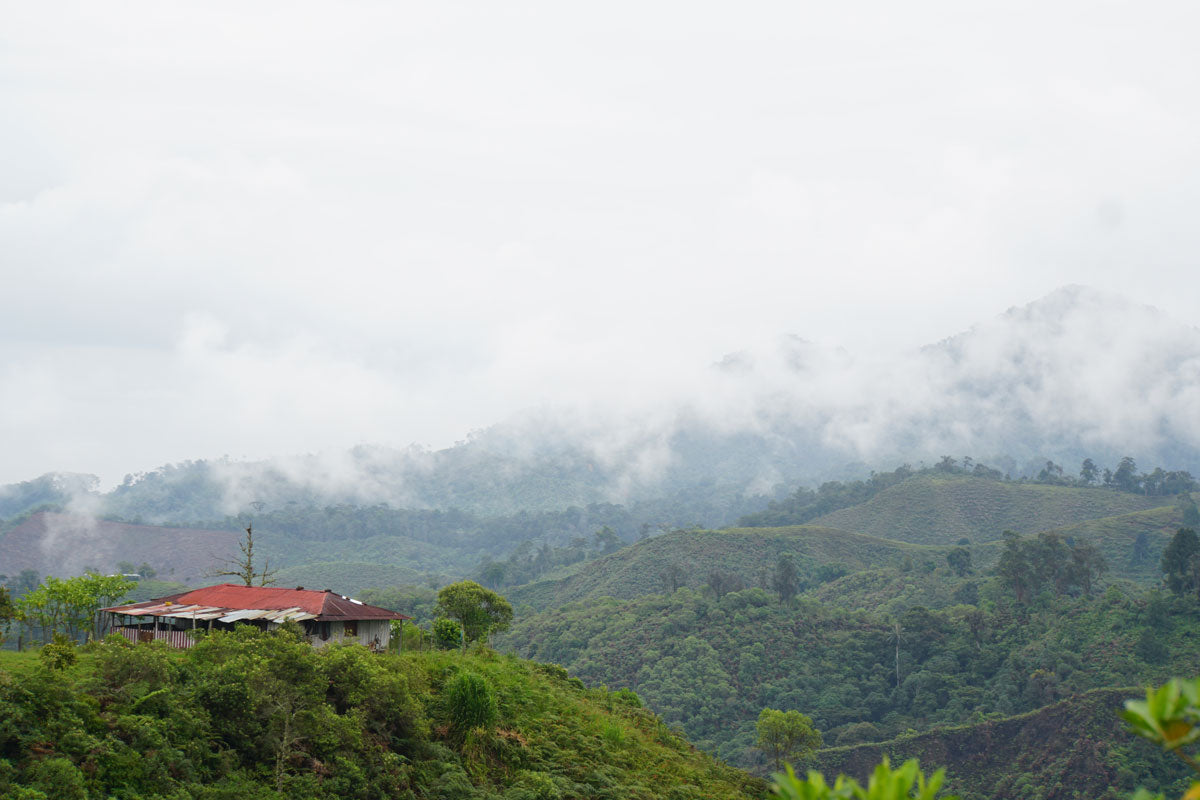
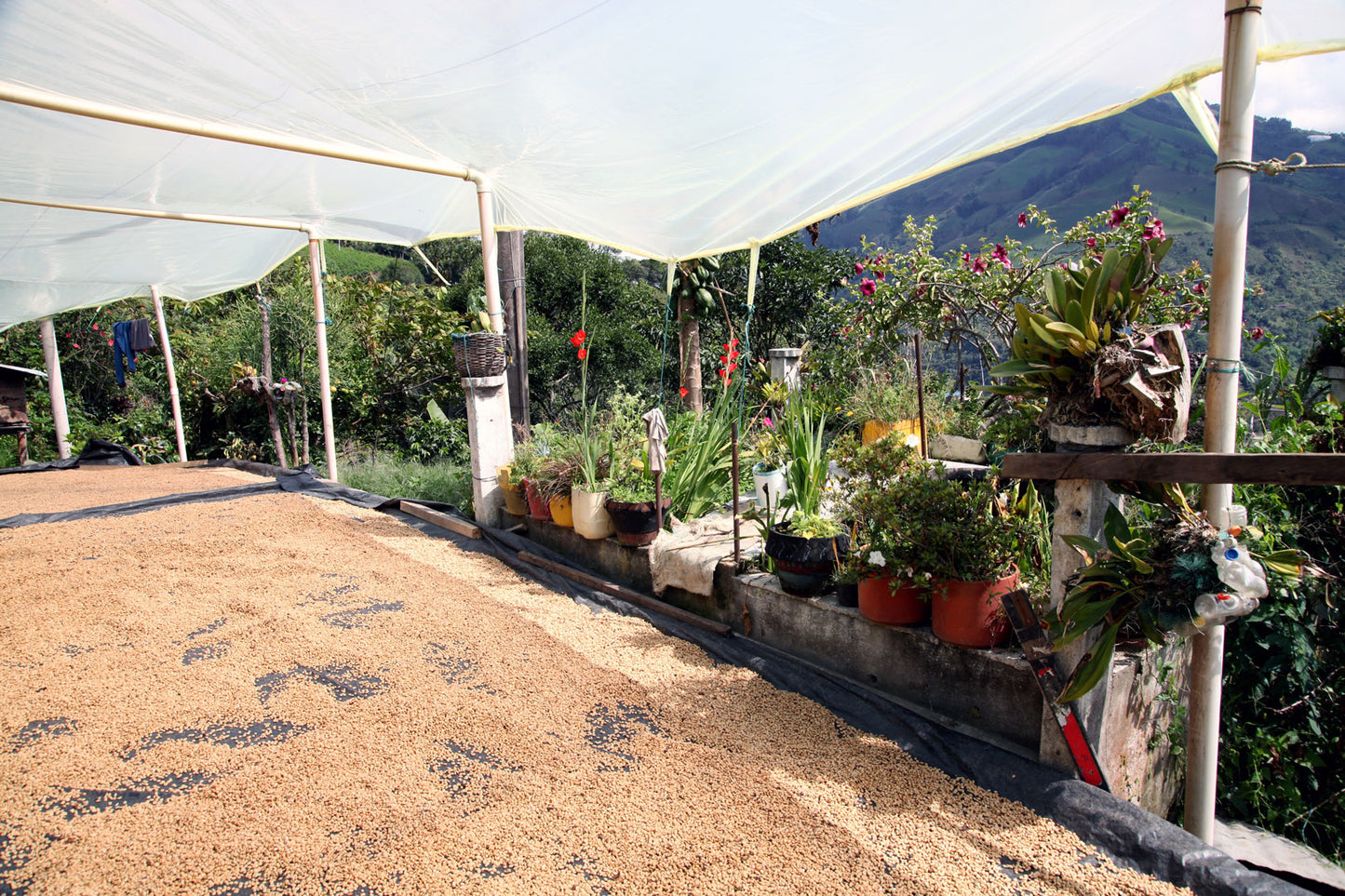
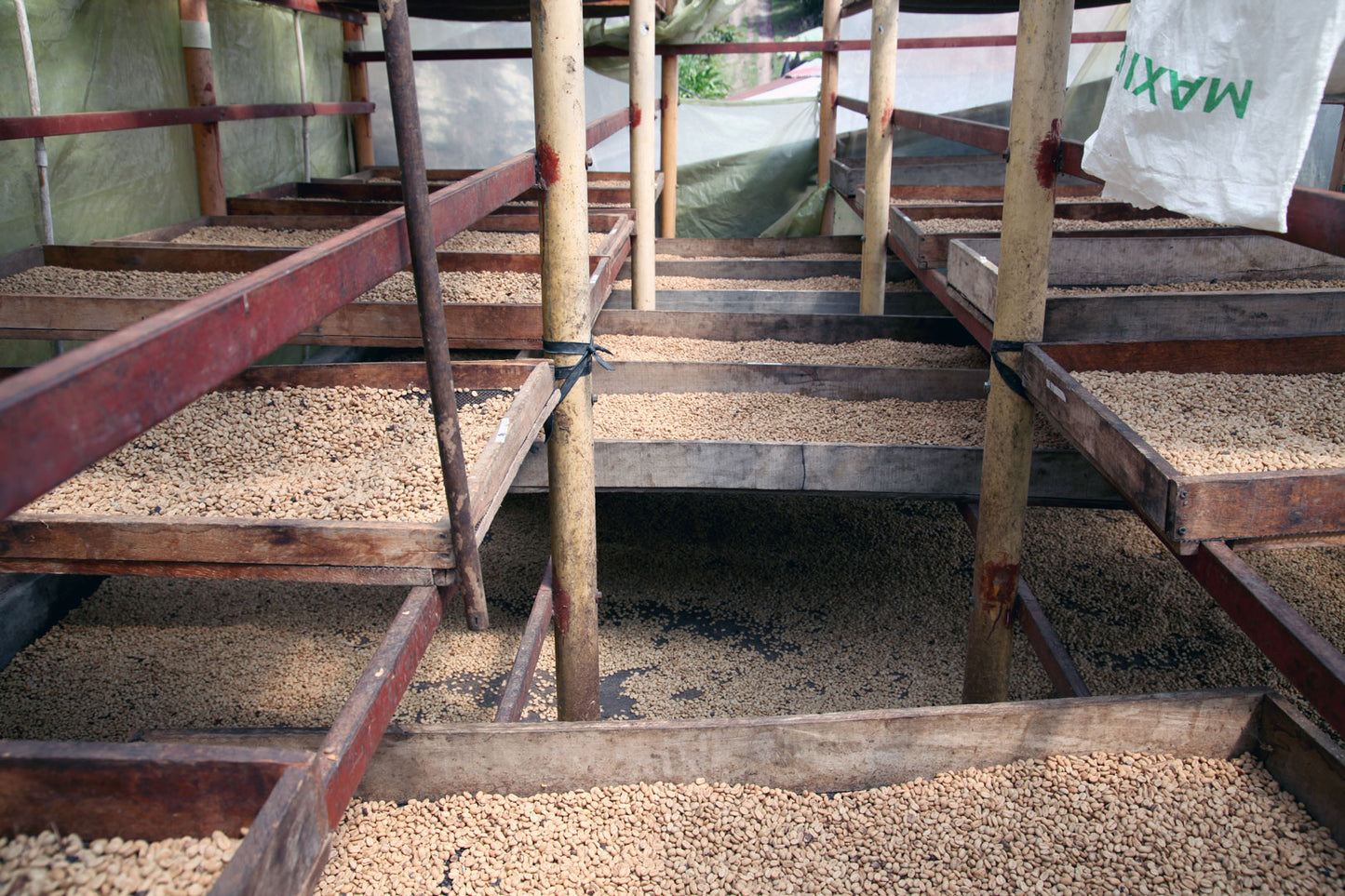
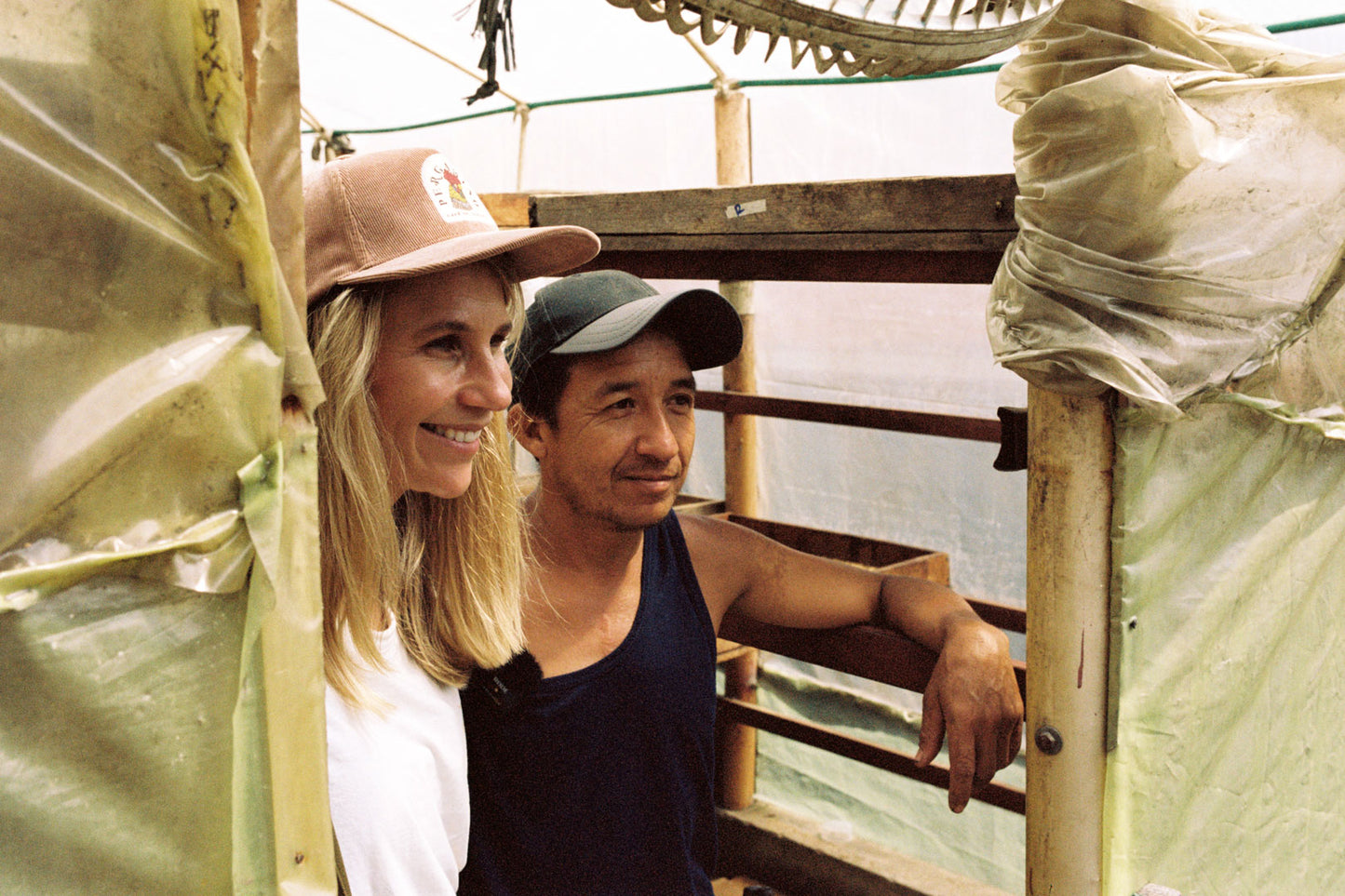
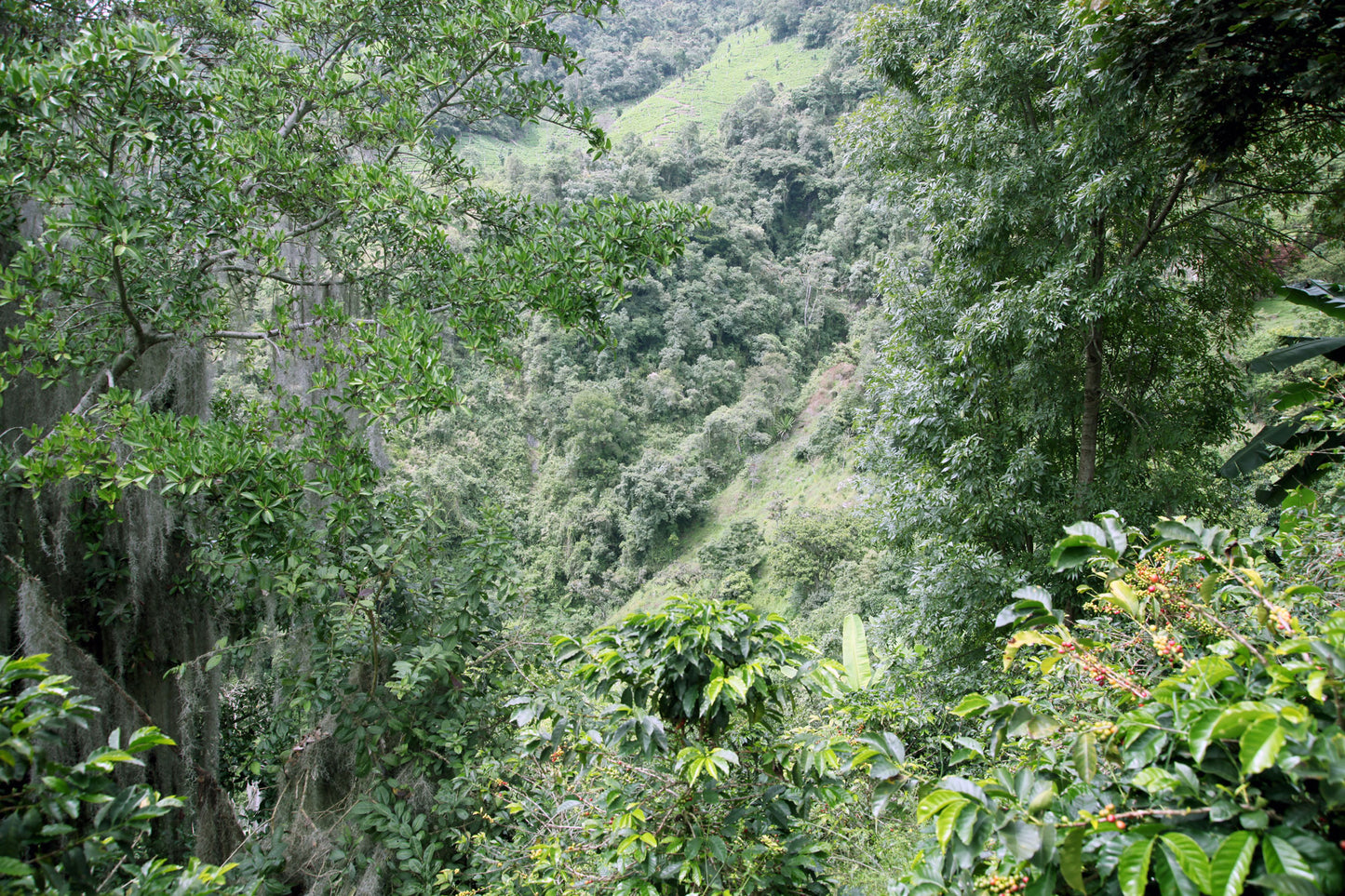
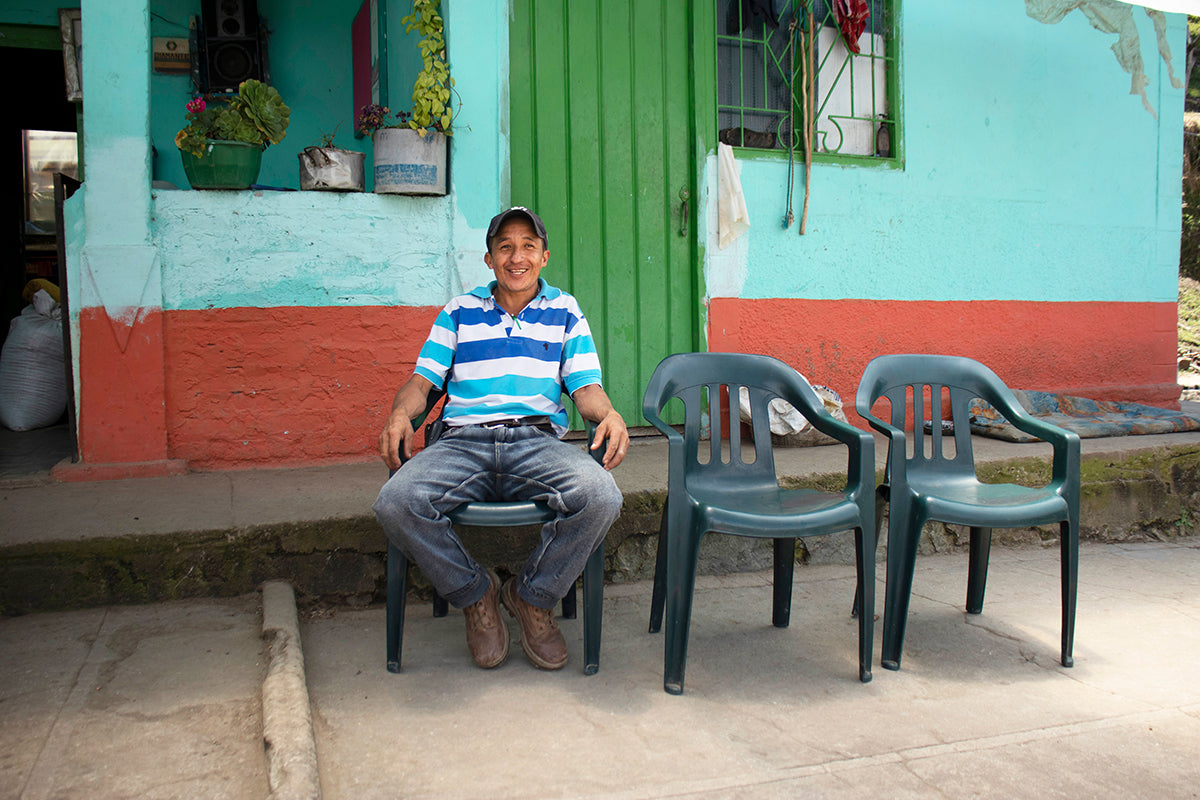
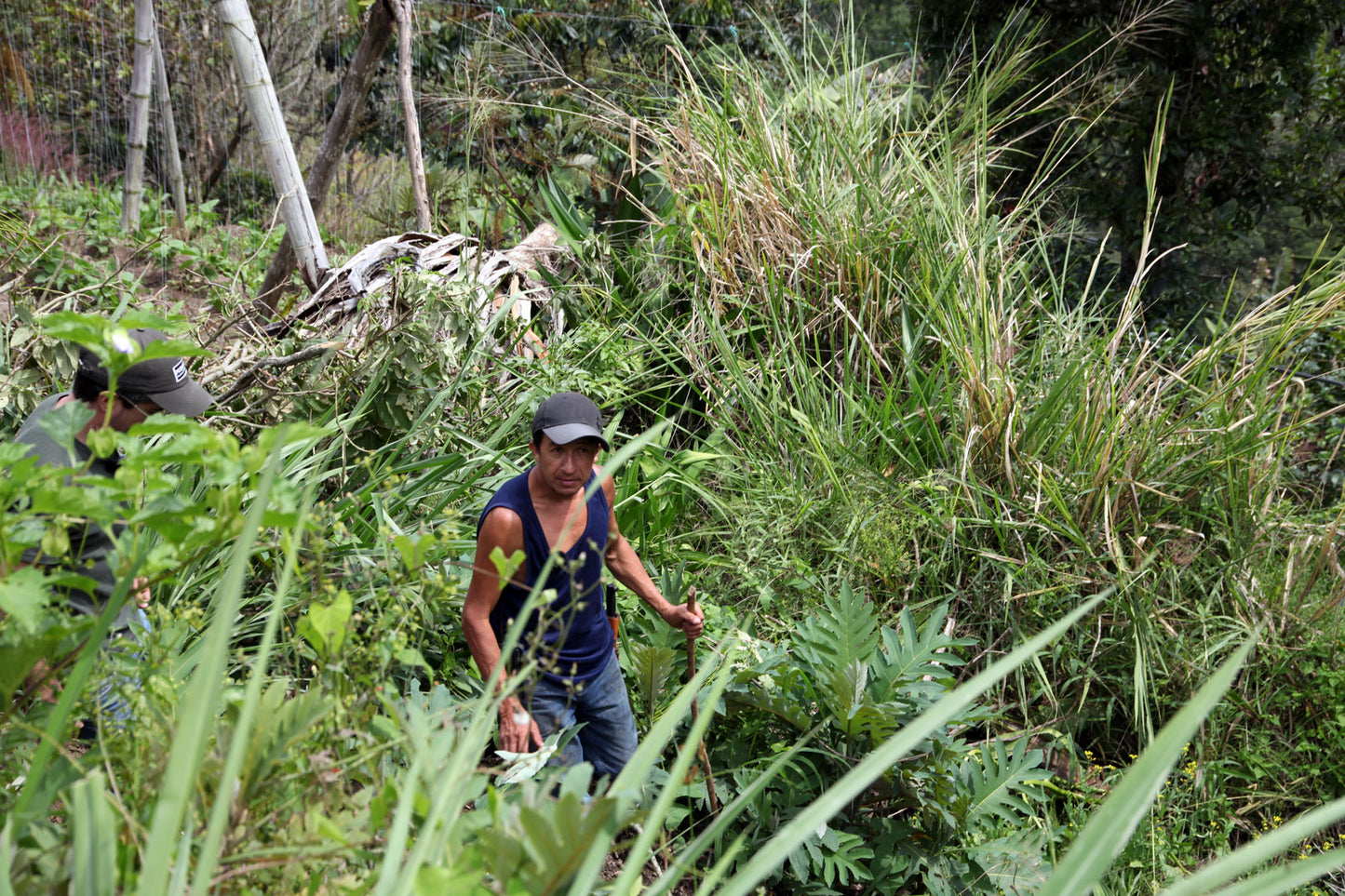
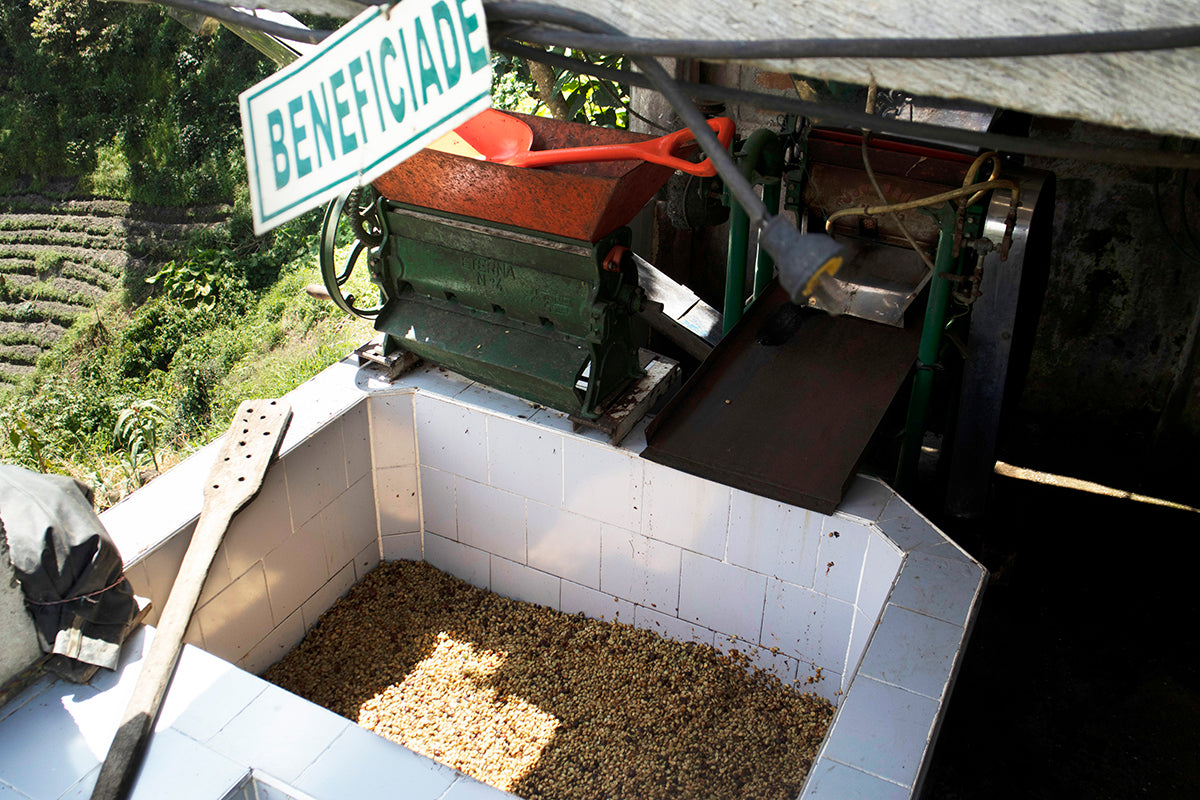
This coffee’s roasted in our filter style — meaning it’s designed to shine as black coffee rather than with milk. That doesn’t mean you have to brew it as a pour-over though. You can make it however you like — espresso, moka pot, AeroPress or anything in between. We simply roast it a little lighter to highlight the bean’s origin flavours giving you a cup that’s clean, vibrant and full of clarity.
Lighter roasting keeps more of the natural acidity and sweetness intact which makes for a beautifully expressive black coffee — and this one happens to play nicely with milk too. Expect a softer balanced cup where the sweetness carries through without turning sharp.
If you prefer your milk coffee with richer caramel, toffee or nutty flavours you might enjoy our espresso range more. Those roasts are taken a little darker to bring out deeper sweetness and balance beautifully with milk.
Origin and Sourcing
?
?
Roast Details
?
?
?
?
?
?
?
Taste Profile
?
?
Colombia | El Diamante | Neftali Castro | Pink Bourbon Washed - When is peak freshness?
Light Roast - Roasted on Roest L100 Ultra
This remarkable lot comes from El Diamante, a 30-hectare family-run farm near Cajamarca in Tolima, Colombia. It’s owned and operated by Neftalí Castro and his sisters, who are the third generation to steward the land. Neftalí returned to the farm in 2008, after years working as a mechanic in Ibagué, and immediately set his sights on specialty coffee.
Inspired by a visit to Pitalito, he saw the potential of coffee as both a source of income and social impact. He expanded coffee cultivation on the farm, planted eight hectares of Caturra, built a small wet mill, and began to refine his processing methods. His efforts quickly gained recognition—he placed 29th in the Cup of Excellence in 2009 and soared to 3rd place just two years later.
Following some difficult seasons after planting Castillo (which underperformed in the farm’s cool climate), Neftalí made the bold move to replace it with Tabi—a rust-resistant hybrid better suited to high elevations. The results were encouraging, and he has since expanded the farm with newer plantings of Pink Bourbon, Chiroso, Gesha, and a promising mystery cultivar he calls ‘Kenya Bourbon’ (nicknamed “the Ferrari”).
This lot is 100% Pink Bourbon, a variety known for its florals, elegant acidity, and layered complexity.
About the Farm
While eight hectares are planted with coffee, the steep terrain means trees are spaced wider than usual (2m x 2m), resulting in a planting density more typical of a five-hectare farm. The coffee is shade-grown under guamo trees, which support a healthy ecosystem including native species like guatín and lapa.
El Diamante is more than just a coffee farm—it’s a source of inspiration in the community. Neftalí is widely respected as a leader and mentor to other producers. His passion, curiosity, and resilience have helped build a reputation for quality that extends well beyond his region. “Coffee is my passion,” he says. “I don’t want to do anything else.”
Processing Details
This lot was selectively hand-harvested and processed on-site using the washed method at El Diamante’s micro-mill. After pulping with a manual device, the coffee underwent extended fermentation for 48–72 hours in cool climate conditions. The lower ambient temperatures allowed multiple days' worth of cherries to be added to the same tank, with fresh mucilage helping regulate pH and slowing the process to bring out vivid, winey acidity.
Once fermentation was complete, the coffee was washed with clean water from nearby rivers and then dried for 10–18 days on parabolic beds—greenhouse-like structures designed to control airflow and temperature while protecting the coffee from rain and condensation. Once fully dried, the coffee was rested in parchment before being prepared for export.
About Cajamarca & Tolima
Cajamarca, which means "Cold Lands" in Quechua, is a mountainous area rich in volcanic soils thanks to nearby Cerro Machín. The region’s fresh water sources and lush biodiversity make it an ideal environment for both agriculture and specialty coffee production.
Farming here follows traditional practices—selective hand-picking, minimal use of agrochemicals, and organic-style management. Many of the farms grow a mix of Caturra and Tabi, with some experimenting with newer varietals. The region has also stood strong against threats from gold mining interests, with communities defending their farmland and prioritising sustainable agriculture.
Tolima as a whole is one of Colombia’s most exciting regions for specialty coffee, despite being relatively underexplored due to historic inaccessibility. Years of conflict made the area difficult to reach, but since 2012, peace efforts have allowed stunning coffees from the region’s mountains to finally reach international buyers. With elevations, microclimates, and passionate producers like Neftalí, it’s easy to see why interest in Tolima’s coffees continues to grow.
Why We’re Excited About This Coffee
El Diamante’s Pink Bourbon offers a standout profile—floral, juicy, and deeply complex. Expect elegant acidity and notes of raspberry, stone fruit, and jasmine. It’s a coffee that reflects both the producer’s dedication and the unique conditions of Cajamarca’s highlands.
SKU: col_el_diamante_320g
Package Weight: 400g
How does my coffee come packaged?
- Choosing a selection results in a full page refresh.
- Opens in a new window.
